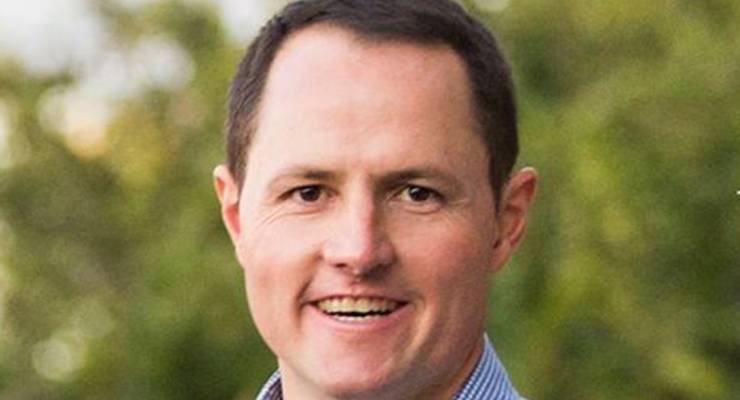
The surprise retirement of sitting Brisbane MP Teresa Gambaro ahead of this federal election has made her Queensland seat a unique contest, where the two largest political parties are both running gay candidates.
It’s a long way from the state that was home to the premier who declared in the 1980s that he was opposed to the “dirty and despicable acts” gay people carry out. Recently released cabinet documents from Joh Bjelke-Petersen’s government revealed government fears over allowing gay people to swim in pools in Queensland. It wasn’t until 1990 that homosexuality was decriminalised, and now the state is home to close to 9000 same-sex couples, according to the 2011 Census of Population and Housing.
As with many inner-city seats, it is fairly progressive, but has been held by a mix of Liberal National and Labor MPs throughout its history. Labor’s Arch Bevis held the seat for 20 years until the 2010 election, when the seat was one of those lost to the Coalition, forcing then-prime minister Julia Gillard to negotiate a minority government.
As the current sitting MP, Gambaro had strongly advocated for a free vote on marriage equality before Tony Abbott’s Coalition party room stunt in August forced the government to go to a plebiscite after the next election, rather than allowing Coalition MPs a free vote on the matter in the Parliament.
Prime Minister Malcolm Turnbull has stuck to this policy, and now one of the key points of difference between the two major parties is that one is promising to put a vote to the Parliament (Labor), the other is promising a plebiscite to be held after the election before any vote in Parliament (Coalition).
Labor’s candidate, Pat O’Neill hung up his army gear for the first time in 18 years on Thursday, and donned a suit to mark his first week campaigning. He tells Crikey that he isn’t too daunted about making the switch from the army to the gruelling task of political campaigning for the next seven weeks.
“It’s great to be able to campaign full time and really get stuck into it. It was a pretty easy decision, to be honest. I think both jobs are about service, and if you enjoy working with people and enjoy doing a job where you get personal enjoyment out of seeing people achieve things and do good things, you see that in the army, and you also see that in politics.”
O’Neill joined the army at the age of 17, and was deployed to Iraq twice, driving around mini-tanks. He was in Iraq when Australian Douglas Wood was kidnapped. For the past few years he has been teaching and training in Australia, and was in charge of army flood recovery efforts in Bundaberg in 2013. He will be campaigning on his service in the army, he said, and giving Australians the opportunity he was afforded: to get a good education.
“I was very lucky to have parents who valued education, fantastic teachers as I was going through school, and I know I wouldn’t be here if it wasn’t for their belief in me. I think we make the most in society and we build stronger and healthier economies if we give everybody a chance to engage with those communities in the economy by giving them the education and skills they need to get jobs.”
Like O’Neill, his Liberal National Party opponent, Trevor Evans — CEO of the National Retail Association and former chief of staff to Immigration Minister Peter Dutton — is also gay. In addition to the Australian Defence Veterans Party transgender political candidate Bridget Clinch, it sets up a historic contest for the seat of Brisbane.
O’Neill says it is just a reflection of modern Australian society.
“A lot of people talk about being a single-issue candidate, or being the gay candidate as if it is a bad thing. I’m not going to be ashamed of telling people that I’m gay. The fact [is] that sexuality of the candidates doesn’t matter. I think it points to how out of touch the government is with general society. We have two gay candidates running for federal parliament but LGBTI Australians aren’t treated equally under the law.”
Polls indicate a majority of Australians support marriage equality, but also show a majority support a public vote on the matter. O’Neill will be campaigning to prevent the $160 million plebiscite being conducted, and instead having the Parliament resolve the issue.
“I think the plebiscite is offensive, it’s divisive. If Malcolm Turnbull expects me, after 18 years in the army, to have to door-knock and ask permission to be treated equally. If he expects anybody to have to go and ask permission from another Australian to be treated equally under the law he doesn’t really have a clue about what it means to be an Australian.”
Crikey has sought an interview with Trevor Evans.








Labor wonders why so many once committed supporters have deserted us. Sadly the Labor Power Brokers never examine this question adequately, preferring to concentrate on sharing out perks and privileges among themselves behind closed doors.